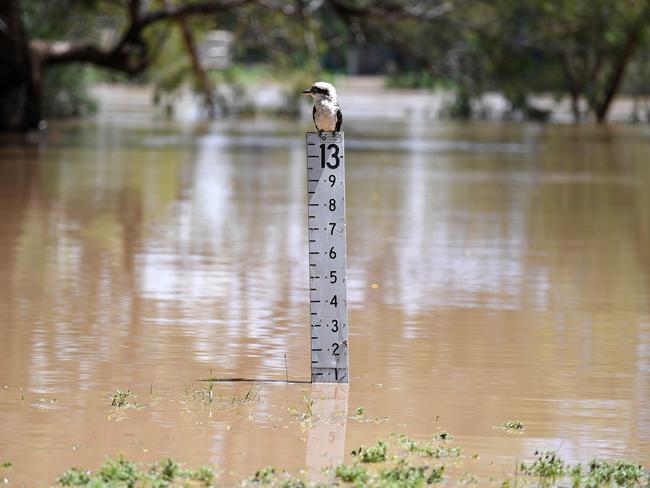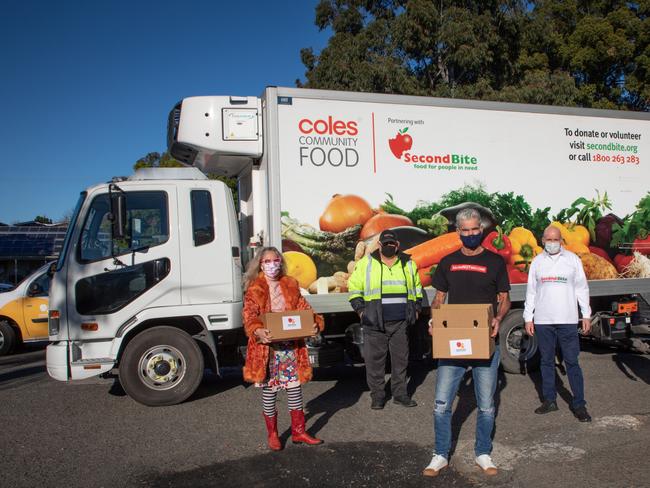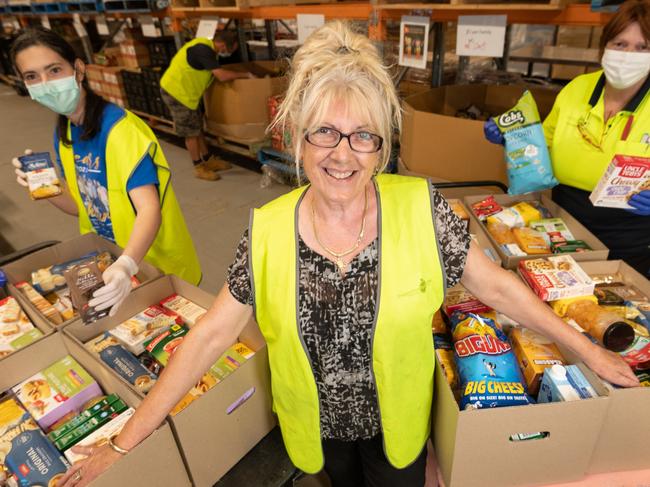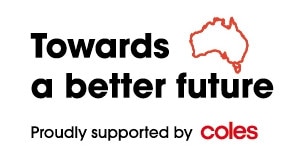The impact of natural disasters on Australia’s national food supply chain
Covid, flood, drought, fire and hail have become the “Whac-A-Moles” of Australia’s national food supply chain and it’s causing more of us to go hungry.
Coronavirus
Don't miss out on the headlines from Coronavirus. Followed categories will be added to My News.
Covid, flood, drought, fire and hail have become the “Whac-A-Moles” of our national food supply chain, forcing supermarkets to continually alter disaster response practices and creating a ripple effect in food insecurity.
Coles chief operating officer Matt Swindells said events over the past two years had been “extremely disruptive” to supply chains and made it “incredibly challenging” for Coles teams to maintain what they see as their core purpose of “feeding all Australians”.
“How do you describe a 100-year pandemic?” Mr Swindells said.
“It’s the Whac-A-Mole of supply chain and at any week the issue could be a supplier having problems with weather – we had hailstorms go through last week in South Australia that affected a number of our produce suppliers – through to Covid outbreaks in major bakery production facilities, and challenges in maintaining supply through Delta outbreaks in our New South Wales supply chain needing to be supported from Queensland and Victoria.

“Ordinarily, you might have one of those maybe once a quarter, we’ve had one every week, if not multiple issues every week for the last year and a half.”
With the national supermarket giant moving about 20 million cartons with more than 20,000 truck movements a week, Mr Swindells said they have had to dramatically change practices to cater for demands.
“We continue to refine our plans to make sure that we’ve got the ability to move the food supply through,” he said.
As a major donor to food charities such as SecondBite and Foodbank, Coles’ supply chain issues created a ripple effect.

According to Foodbank’s Hunger Report 2021, released last month, the past 18 months had been “the most challenging time on record” with one in six Australian adults not having enough to eat in the past year and 1.2 million children going hungry during the same period.
Shepparton FoodShare operations co-ordinator Grace Grieve said after 20,000 people in the regional Victorian town were forced into isolation in September during a Covid outbreak, demand for food soared and they were expecting another increase over Christmas.

“Some of those [isolated] individuals were supermarket workers, some factory workers and transport workers, so things like click and collect didn’t really work because the family had to wait a week to nine days, so our demand just ten-folded,” Ms Grieve said.
“Individuals that have never accessed food relief in their life are now coming forth and saying, I can’t afford to feed my family or, I’ve been in isolation for two weeks.
“And now what we’re seeing is some are choosing not to have the vaccination so they’ve lost employment which has a ripple effect.”
Coles – who are focusing on supporting local communities, farmers and working towards a better future for all Australians – arranged two semi-trailers full of groceries to be delivered to Shepparton FoodShare during this time.
“Between Coles and our local normal providers it was, for us, a sigh of relief knowing that we could meet the demand that was in our community,” Ms Grieve said




